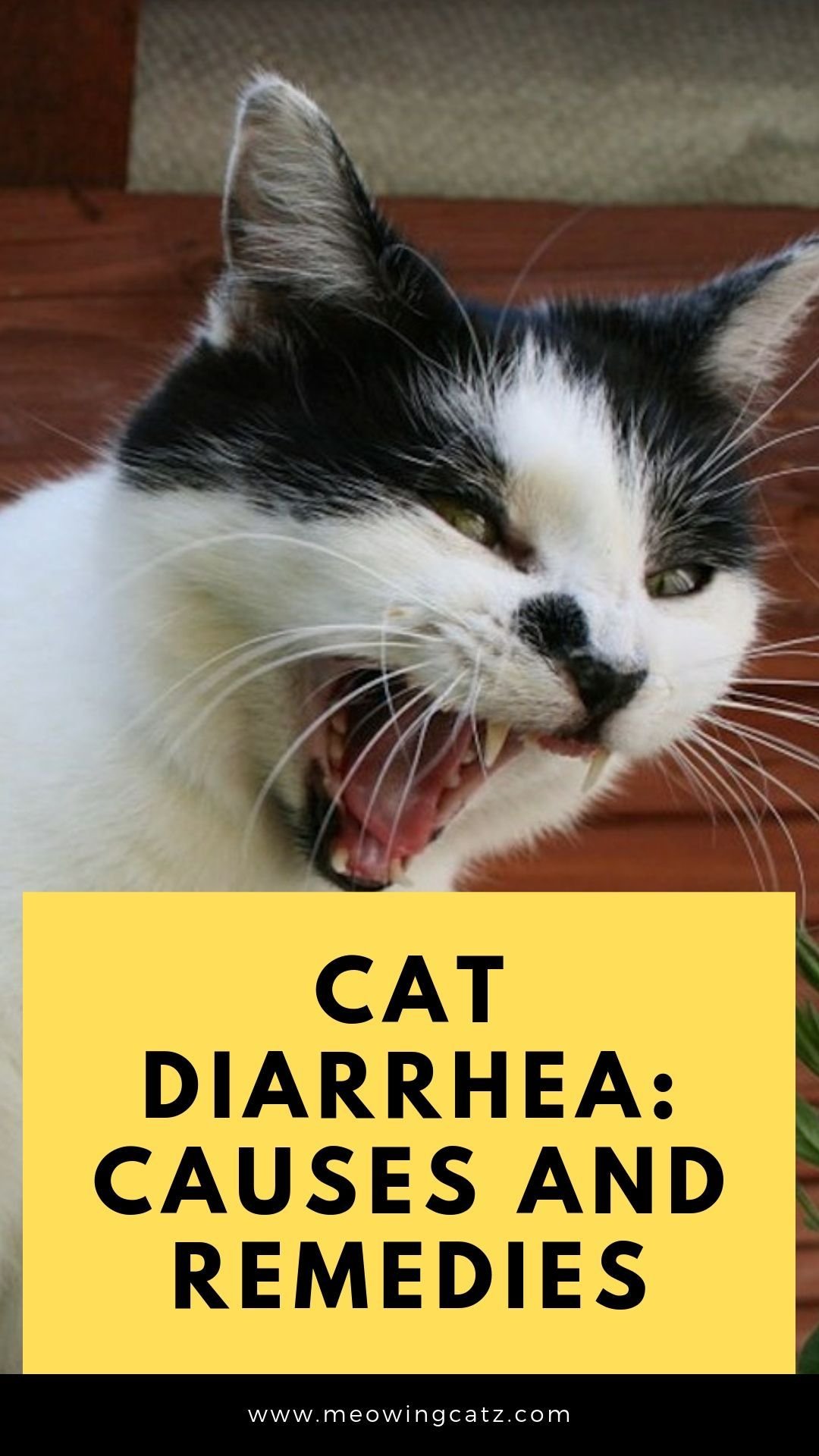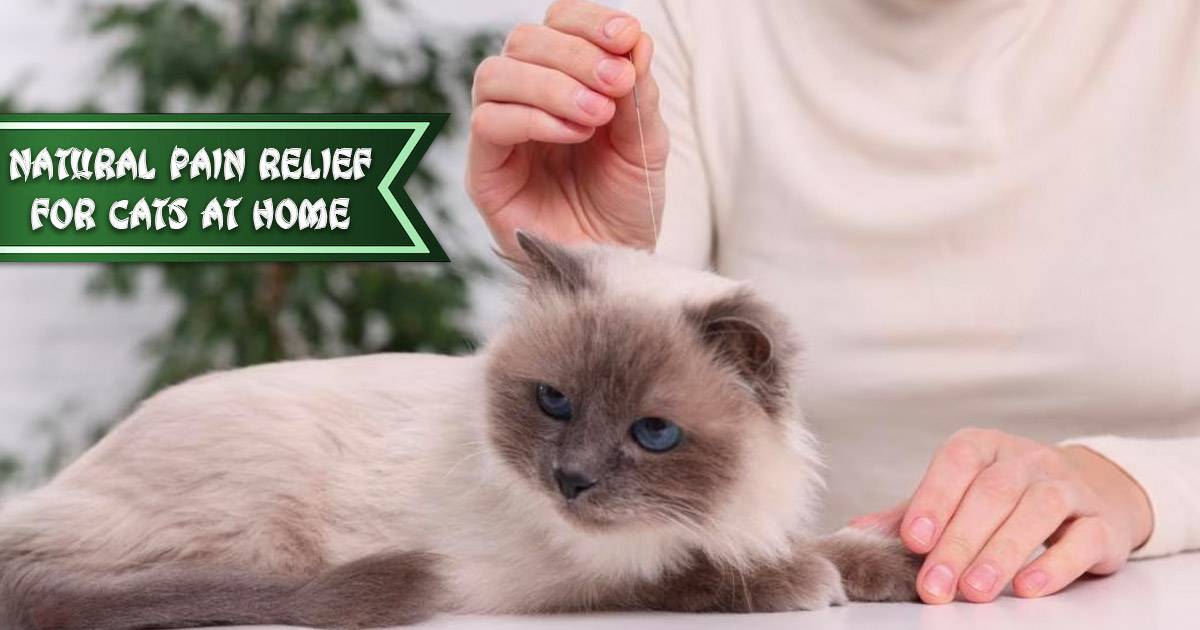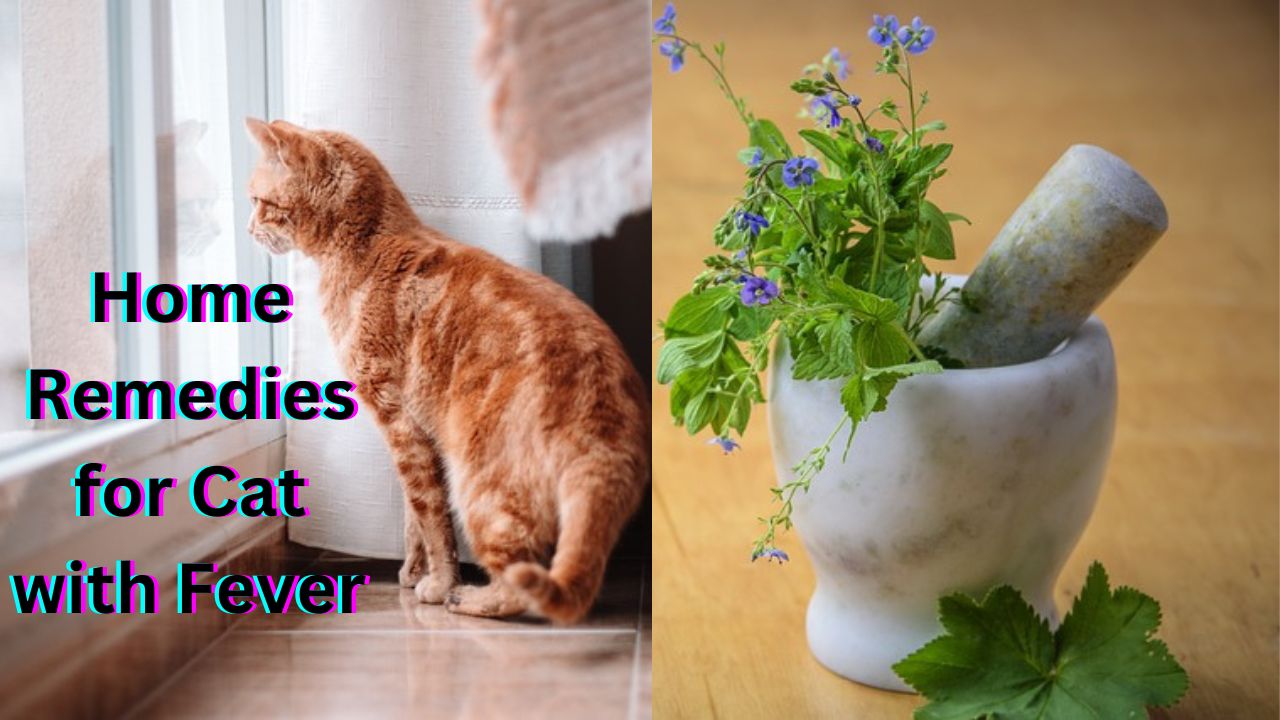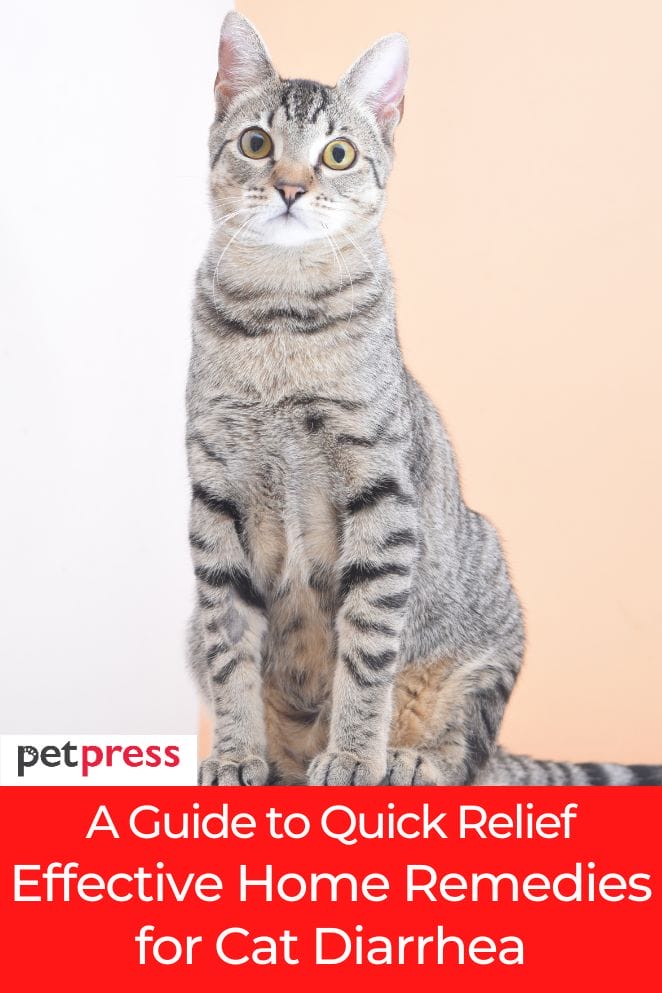Home Remedies For Cats In Pain

The soft purr and gentle head-nuzzle of a cat can melt away stress, but the distress of seeing your feline friend in pain is heart-wrenching. While veterinary care is paramount for accurate diagnosis and treatment of feline pain, many cat owners seek ways to provide comfort and support at home, particularly while awaiting a vet appointment or during recovery.
This article delves into the realm of home remedies for cats experiencing pain, exploring what measures can be taken to alleviate discomfort and improve their quality of life. It is crucial to emphasize that these remedies are intended as supportive measures, not replacements for professional veterinary care. They are, instead, tools to augment a veterinarian-prescribed treatment plan or to provide temporary relief under specific circumstances, always guided by a veterinarian's advice.
Understanding Feline Pain
Cats are masters of disguise when it comes to pain. They instinctively hide their discomfort, making it challenging for owners to detect.
Signs of pain can range from subtle changes in behavior to more obvious symptoms like limping or vocalization.
Common indicators include decreased appetite, reduced grooming, hiding, changes in litter box habits, aggression, and altered sleeping patterns.
Identifying the Source of Pain
Before attempting any home remedies, it's essential to have a basic understanding of the potential source of your cat's pain.
Arthritis, dental issues, injuries, and infections are common culprits. Observing your cat carefully and noting any specific symptoms can help your veterinarian make an accurate diagnosis.
Never attempt to diagnose or treat your cat's pain without professional guidance.
Safe and Effective Home Remedies
Several home remedies, when used appropriately and under veterinary supervision, can provide comfort to cats in pain.
These remedies focus on creating a comfortable environment, providing gentle care, and utilizing specific products designed for feline use.
Creating a Comfortable Environment
One of the most important things you can do is create a safe and comfortable space for your cat.
Provide soft bedding in a quiet, warm location, away from drafts and high-traffic areas.
Ensure easy access to food, water, and the litter box, especially for cats with mobility issues.
Heat and Cold Therapy
Heat and cold therapy can be effective for managing certain types of pain.
A warm compress or a heated blanket (on a low setting and with supervision) can help soothe sore muscles and joints.
Cold packs, wrapped in a towel, can reduce inflammation in cases of acute injury. Always consult your veterinarian to determine which type of therapy is most appropriate for your cat's condition.
Gentle Massage
Gentle massage can help improve circulation and relieve muscle tension.
Use light, circular motions to massage your cat's muscles, avoiding areas of obvious pain or injury.
Pay attention to your cat's body language and stop immediately if they show any signs of discomfort.
Nutritional Support
Proper nutrition is crucial for overall health and can play a role in pain management.
If your cat has difficulty eating due to dental issues or pain, offer soft, palatable food.
Certain supplements, such as omega-3 fatty acids, may help reduce inflammation and improve joint health, but always consult your veterinarian before adding any supplements to your cat's diet.
Herbal Remedies (Use with Extreme Caution)
Some cat owners explore herbal remedies for pain relief, but caution is paramount.
Many herbs that are safe for humans can be toxic to cats. Never administer any herbal remedies without explicit instructions from a veterinarian experienced in herbal medicine for cats.
Even seemingly harmless herbs can interact with medications or exacerbate existing health conditions.
Over-the-Counter Pain Medications (Never Without Vet Approval)
Never give your cat over-the-counter pain medications intended for humans.
Medications like ibuprofen and acetaminophen are extremely toxic to cats and can be fatal. Even small doses can cause severe liver and kidney damage.
Only administer pain medication prescribed by your veterinarian and follow their instructions carefully.
When to Seek Veterinary Care
Home remedies are not a substitute for professional veterinary care. It is crucial to consult a veterinarian if your cat is showing signs of pain.
A veterinarian can accurately diagnose the cause of the pain and recommend an appropriate treatment plan, which may include medication, surgery, or other therapies.
Seek immediate veterinary care if your cat is experiencing severe pain, difficulty breathing, or any other alarming symptoms.
The Importance of Veterinary Guidance
Veterinary guidance is the cornerstone of responsible pain management for cats.
Your veterinarian can help you understand the underlying cause of your cat's pain, develop a comprehensive treatment plan, and monitor your cat's progress.
They can also provide valuable advice on home care techniques and ensure that any remedies you use are safe and effective.
Moving Forward: A Holistic Approach
Managing feline pain requires a holistic approach that combines veterinary care with supportive home remedies.
By working closely with your veterinarian and providing a comfortable and nurturing environment, you can help improve your cat's quality of life and alleviate their suffering.
As research into feline pain management continues, new and innovative treatments may become available, offering even greater hope for cats in pain and their devoted owners. Continued collaboration between veterinarians and pet owners is vital for ensuring the best possible outcomes.


















